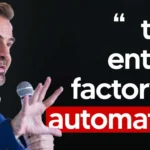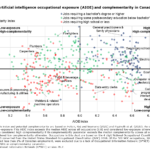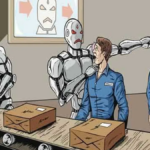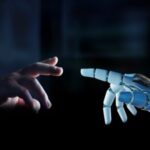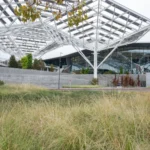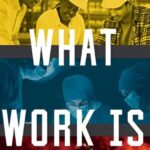The future of jobs is being reshaped by AI and automation, especially in manufacturing. A recent Stanford lecture highlighted this transformation, focusing on the rise of automated factories and the potential decline in blue-collar jobs due to advancements in robotics and AI. The lecture offered valuable insights into the evolving job market and technological landscape: Automated factories, like Xiaomi’s dark factory in Beijing that produces smartphones with 100% automation, are leading the charge in transforming manufacturing. These factories showcase the efficiency and precision that can be achieved with minimal human intervention.
The rise of automated factories is having a […]
Full Post at www.geeky-gadgets.com
